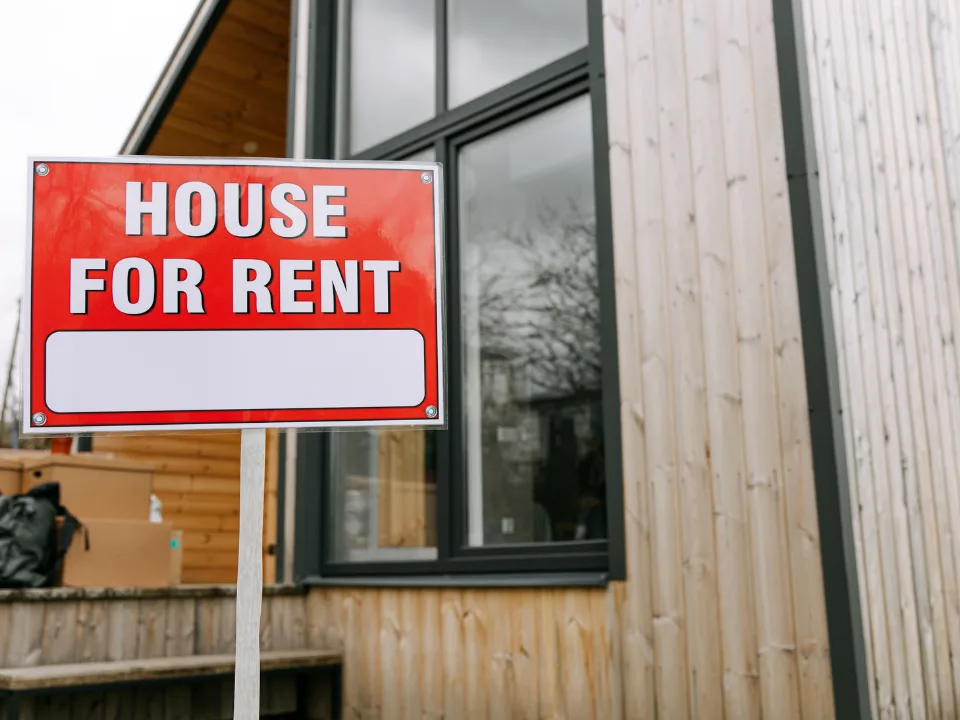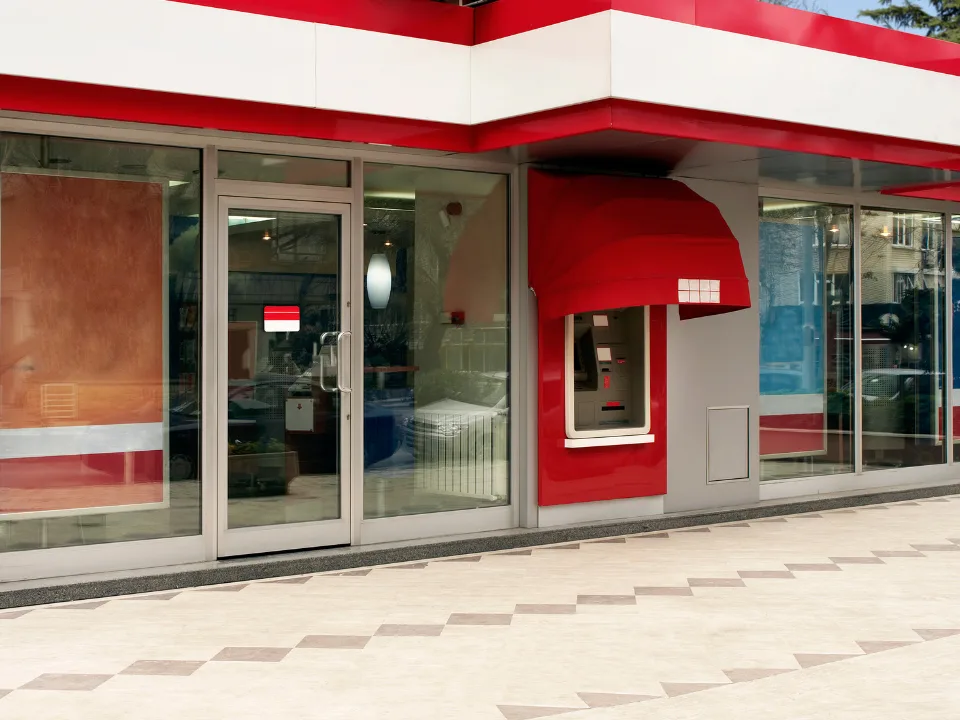NYC’s FARE Act Forces Landlords to Pay Broker Fees
The NYC Council has approved the Fairness in Apartment Rental Expenses (FARE) Act, barring landlords from shifting broker fees to tenants.
Good morning. NYC renters just got a break: A new bill shifts pricey broker fees from tenants to landlords, marking a major change for multifamily owners.
Today’s issue is brought to you by Re-Leased—ditch the spreadsheets and add intelligent automation and workflows to your property.
👉 Your perspective matters! Take 4 minutes to share your thoughts on the CRE market's pulse in the Q4 2024 Fear and Greed CRE Survey.
Market Snapshot
|
|
||||
|
|
*Data as of 11/13/2024 market close.
TENANT WIN
NYC Shifts Broker Fees to Landlords in Major Housing Reform

Source: Spencer Platt/Getty Images
The NYC Council has approved the Fairness in Apartment Rental Expenses (FARE) Act, barring landlords from shifting broker fees to tenants.
What happened: Tenants in NYC no longer need to pay brokers hired by landlords, who traditionally charged up to 15% of annual rent. Instead, landlords must shoulder these costs, reducing a significant financial burden on renters. The bill also introduces penalties for noncompliance and mandates fee disclosures for transparency.
NYC rental costs by the numbers:
-
Median rent: $3,500/month, or $42,000 annually (2023 figures).
-
Broker fee: Averaging $4,200–$6,300 on typical leases.
-
Upfront costs: Including broker fees, first month’s rent, and security deposit, renters faced an average move-in cost of $12,951 this year, 48% more than no-fee leases.
Pushing back: The Real Estate Board of New York (REBNY) opposes the legislation, arguing landlords will offset broker fees by raising rents, potentially costing tenants more in the long run. They also warn of disruptions in the rental market, particularly for non-exclusive listings, and hint at possible legal action to challenge the bill.
All in favor: Proponents like Council Member Chi Ossé, the bill’s sponsor, argue that market forces—not landlord discretion—set rents. Some brokers even see the legislation as a step toward rebuilding public trust in the real estate industry.
Between the lines: The FARE Act imposes fines of up to $2,000 for repeated violations of its payment terms and requires landlords to provide an itemized list of tenant fees. Tenants can sue brokers who violate the rules.
➥ THE TAKEAWAY
The bigger picture: After years of stalled or overturned attempts, the FARE Act marks a historic turning point in New York City’s rental fee structure. Passed with a commanding 42-9 majority, the legislation is set to become law despite Mayor Eric Adams expressing concerns about its potential impact on small property owners and rent increases.
Poll: How do you feel about NYC's new broker fee rule? |
TOGETHER WITH RE-LEASED
Still Managing Your Property Portfolio in Spreadsheets?
It’s time to level up! Re-Leased takes you from the painful world of manual disconnected systems for managing properties to a streamlined and automated AI-powered platform.
Ditch the spreadsheets for automation around all your core operations (CAM budgeting, maintenance, compliance, accounting, and real-time insights) — all designed to protect your portfolio from significant risks and missed growth opportunities.
Get started with a smarter, more efficient way to manage properties.
*Please see the advertising disclosure at the bottom of this newsletter.
✍️ Editor’s Picks
-
Doubling down: AstraZeneca (AZN) is ready to invest $3.5B in the US by 2026, creating 1K+ jobs while expanding R&D and manufacturing to bolster revenue growth.
-
Loan trouble: SL Green’s (SLG) $743M loan on 1515 Broadway, a potential site for a Caesars Palace casino in Times Square, has moved into special servicing.
-
Get on PACE: It’s time for developers to get off the sidelines ahead of the competition, making the next 12-18 months critical for obtaining financing. C-PACE offers a fixed-rate, 30-year amortization period and applies to new and renovation projects. (sponsored)
-
Demand dip: US banks reported decreased loan demand in Q3, with commercial loan demand dropping significantly, despite recent Federal Reserve rate cuts.
-
Decongestion: NY Gov. Hochul will reinstate congestion pricing in Manhattan below 60th Street, with a $9 toll (40% less), effective Dec. 29th.
-
Real estate diplomacy: President-elect Trump appoints real estate developer Steven Witkoff as special envoy to the Middle East for peace negotiations.
🏘️ MULTIFAMILY
-
In favor of tenants: The US Supreme Court rejected a challenge to New York's HSTPA, affirming a 2019 rent-stabilization law that enhances tenant protections and limits landlord control.
-
Sunny Transaction: Abacus Capital Group paid $32.5M for a 4.7-acre multifamily site in the Palm Beach Gardens PGA Station project, with 620 units approved.
-
Bribery blues: Dallas developer Sherman Roberts faces up to 5 years in prison for bribing 2 Dallas City Council members for project support.
🏭 Industrial
-
Price dip: The sale of a large Richmond industrial campus at $183 PSF highlights falling prices in East Bay’s industrial market amid increasing vacancy rates and regional oversupply.
-
Park Renaissance: Industrial Realty Group purchased a 965.1 KSF industrial portfolio in St. Cloud, MN, part of the Minneapolis-St. Paul metro area.
-
Supply chain chic: The Union Commerce Center in LA, just completed by REDA & Clarion Partners, is a 253.3 KSF industrial building with key freeway access.
🏬 RETAIL
-
Whopper of a win: Burger King's (QSR) visits rose slightly (0.4%) due to rightsizing efforts, while Taco Bell (YUM) saw monthly boosts of up to 2.2%.
-
Economy of emojis: Amazon (AMZN) introduced a budget-friendly Amazon Haul store featuring discounted items mostly from China, appealing to budget-conscious shoppers.
-
Furniture fallout: American Freight, plagued by economic woes, to close 328 locations nationwide amid high mortgage rates and diminished home shopping.
🏢 OFFICE
-
AI boost: The tech sector's share of office leasing has climbed to 21%, with AI-driven growth projected to fuel further demand in key markets like San Francisco, Boston, and Seattle.
-
Pandemic default: The Prince Building in Soho defaulted on a $200M loan after struggling post-pandemic, with occupancy dropping from 93% to 50%.
🏨 HOSPITALITY
-
Market divide: New York's hotel performance differs from national trends, with lower-tier hotels seeing stronger rate growth than higher-end properties.
📈 CHART OF THE DAY
According to CoStar, people aren’t just moving to Texas in droves—they’re also leaving, and Colorado is the most common destination, attracting 6.8K Texans in 2023.
North Carolina came in second place with around 6.5K migrants from the Lone Star State, followed by Indiana with around 4K migrants.

You currently have 0 referrals, only 1 away from receiving B.O.T.N Multifamily Deal Screener .
What did you think of today's newsletter? |



















